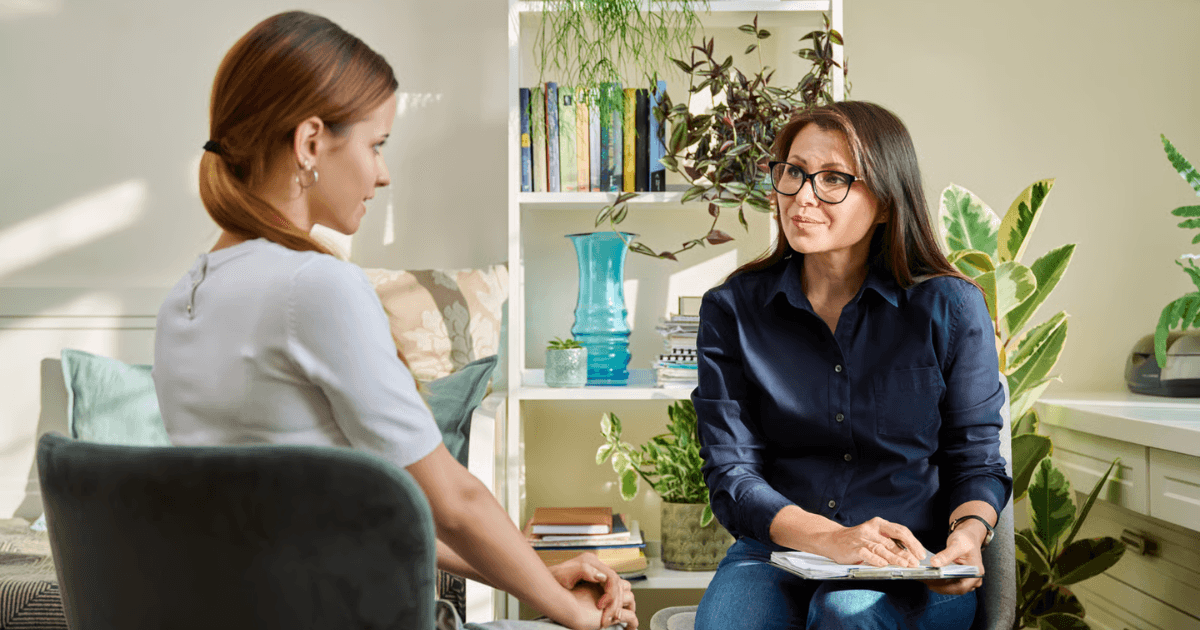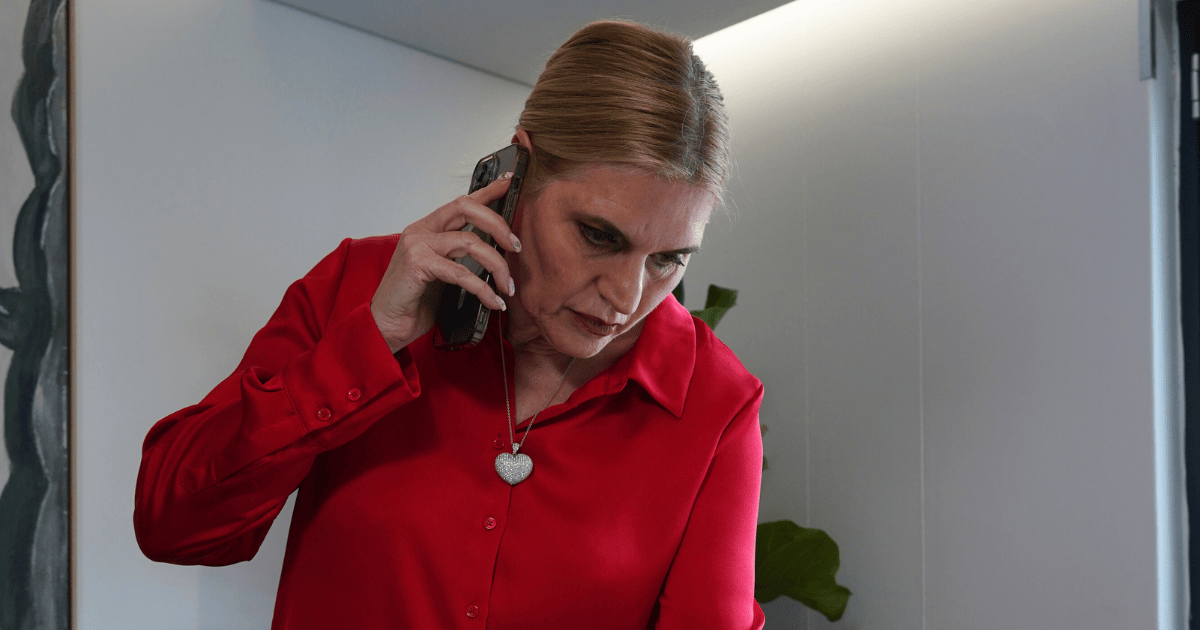Parental responsibility is the responsibility to care for the child, to maintain contact with the child, to act as guardian of the child, and to contribute to the maintenance of the child.
The Children’s Act sets out that a person may have full or specific parental responsibilities and rights. Full parental responsibilities and rights means that a person may be entitled to all the rights set out in the Act. Specific parental responsibilities and rights means that a person may only have a specific right in terms of the Act; for example, the right to act only as guardian of the child.
A parent or guardian:
- administers and safeguards the child’s property and property interests;
- assists or represents the child in administrative, contractual and other legal matters;
- gives or refuses any consent required by law in respect of the child, including consent to marry, to be adopted, to leave or be removed from the country and to apply for a passport; and
- gives or refuses consent to the alienation or encumbrance of any immovable property of the child.
Whenever more than one person has guardianship of a child, each is allowed to exercise independently and without the consent of the other any right or responsibility arising from such guardianship, unless any other law or competent court orders otherwise, in which case the consent of all the persons who have guardianship will be necessary.
The Act governs both the acquisition and loss of parental responsibilities and rights not only by the parents of the children involved but also in respect of other persons. There are a number of ways in which a person can acquire parental responsibilities and rights in respect of a minor child. Depending on the circumstances, a person may acquire parental responsibilities and rights automatically or by way of an agreement, a will or a court order.
For direct answers to your specific personal questions, please contact us directly.
Read more about our child law services.
Author – Jessica Gooding





